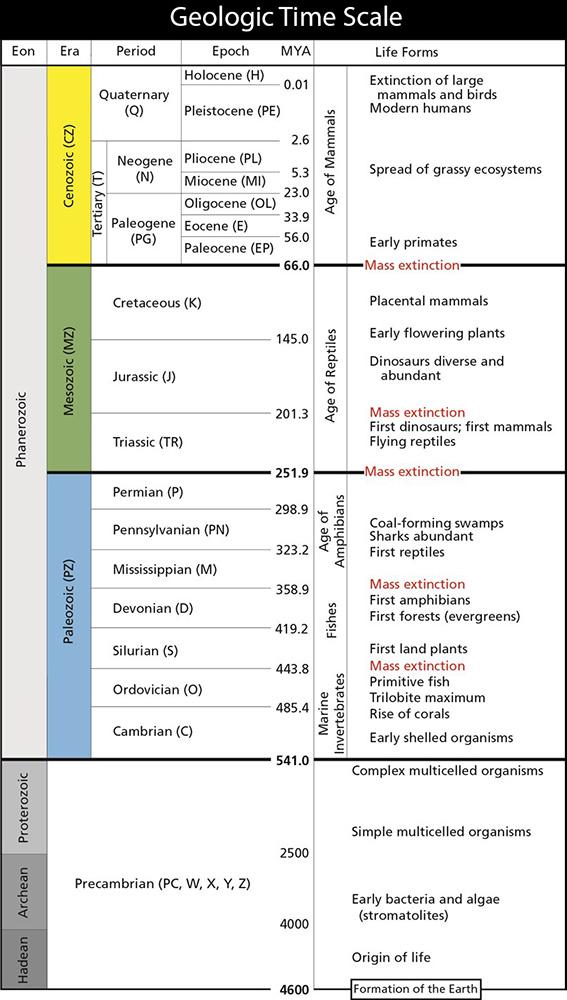Important Facts For Prelims
GHGs, Rainfall and Climate Change
- 15 Jul 2024
- 5 min read
Why in News?
A recent study has revealed that unprecedented increase in greenhouse gases can decrease rainfall in the equatorial region.
- This can further lead to replacement of India’s biodiversity hotspots consisting of evergreen forests in the Western Ghats, northeast India and the Andamans into deciduous forests.
What has the Recent Study Revealed?
- About:
- The study pointed out the impacts of increased greenhouse gases, specifically high levels of atmospheric carbon dioxide, on rainfall patterns and vegetation in equatorial regions.
- The study used fossil pollen (from Lignite Mine of Kutch) and carbon isotope data from the Eocene era (54 million years ago, a period of global warming).
- The study used data from deep time hyperthermal events that are considered potential analogs for future climate predictions.
- Extreme climate warmth (hyperthermal) events through deep-time (geological time) offer insights into how the Earth may respond to present-day warming related to greenhouse gas emissions.
- Impact on Rainfall and Vegetation Shifts:
- During the Eocene era, when atmospheric CO2 concentrations exceeded 1000 parts per million by volume (ppmv) near the equator, there was a significant decrease in rainfall which led to increase in deciduous forests.
- Relevance to Current Climate Change:
- The study draws parallels between past climatic conditions (Eocene era) and potential future scenarios under increased greenhouse gas emissions.
- Insights from the study may contribute to strategies for mitigating the impacts of climate change on rainforests and other sensitive ecosystems.
What is Previous Evidence of Climate Change?
- Geological records document alternating periods of glacial and warmer inter-glacial phases.
- In the distant geological past, approximately 500-300 million years ago during the Cambrian, Ordovician, and Silurian periods, Earth's climate was notably warmer.
- During the Pleistocene epoch, the Earth underwent cycles of glaciation and interglacial periods, with the last major glacial peak occurring around 18,000 years ago. The current interglacial period began approximately 10,000 years ago.
- The most recent glacial period spanned from about 120,000 to 11,500 years ago. Since then, Earth has been in the interglacial period known as the Holocene epoch.
- In regions with high altitudes and latitudes, geological features and sediment deposits bear evidence of the advance and retreat of glaciers indicating fluctuations between warm and cold periods.
- Glacial periods are characterised as colder, dustier, and generally drier compared to interglacial periods. These cycles of glaciation and inter-glacials are discernible in numerous paleoclimate records from both marine and terrestrial environments worldwide.
- Interglacial periods tend to occur during periods of peak solar radiation in the Northern Hemisphere summer.
- Indian Context:
- India also witnessed alternate wet and dry periods.
- Archaeological findings show that the Rajasthan desert experienced wet and cool climate around 8,000 B.C.
- In the period 3,000-1,700 B.C. the region had higher rainfall after which the dry conditions prevailed.
UPSC Civil Services Examination, Previous Year Question (PYQ)
Prelims:
Q. Human activities in the recent past have caused the increased concentration of carbon dioxide in the atmosphere, but a lot of it does not remain in the lower atmosphere because of ? (2011)
- its escape into the outer stratosphere.
- the photosynthesis by phytoplankton in the oceans.
- the trapping of air in the polar ice caps.
Which of the statements given above is/are correct?
(a) 1 and 2
(b) 2 only
(c) 2 and 3
(d) 3 only
Ans: (b)
Q. Which of the following phenomena might have influenced the evolution of organisms? (2014)
- Continental drift
- Glacial cycles
Select the correct answer using the code given below:
(a) 1 only
(b) 2 only
(c) Both 1 and 2
(d) Neither 1 nor 2
Ans: (C)
Mains:
Q. How do the melting of the Arctic ice and glaciers of the Antarctic differently affect the weather patterns and human activities on the Earth? Explain. (2021)





